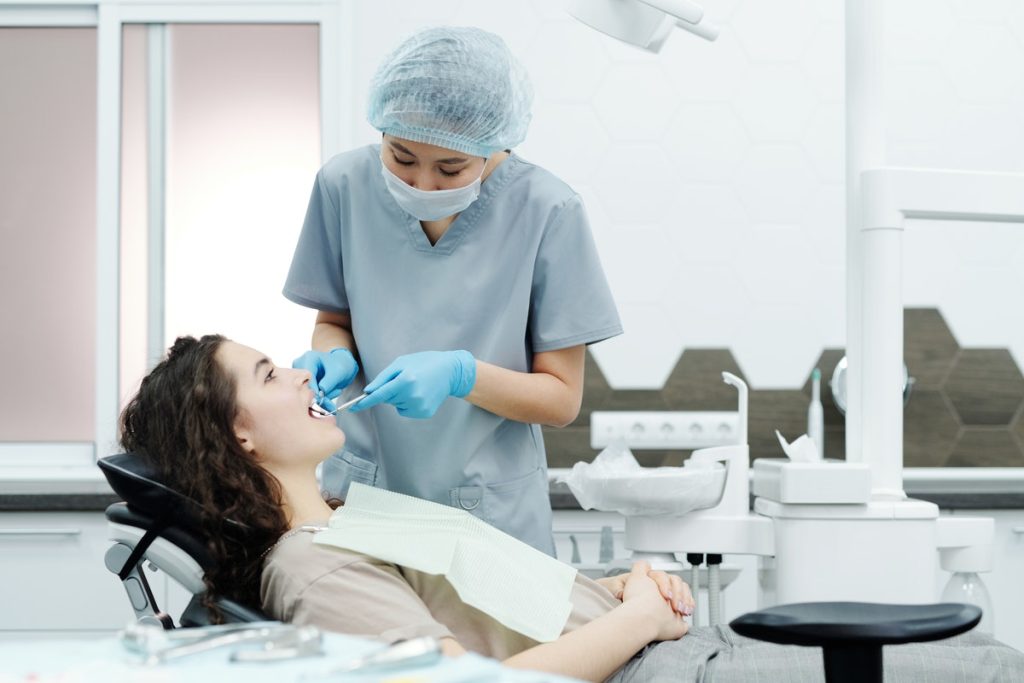If you are considering attending your dental surgery to have oral implants fitted, you may want to know a bit more about what occurs after the surgery has been completed.
After all, very few people that you may know will have had implants, making it something of a novelty experience. But as your dental team will have informed you, if you do not care for your implants correctly after they have been fitted, this can shorten the life span or delay the fusing process. As surgery is involved too, there is always the risk of infection to consider as well.
So, what are some of the things you need to know about keeping your dental implant Melbourne site healthy so that it can fuse with the surrounding jaw? Read on to find out.
Keep the site clean
It goes without saying that when you have had an oral implant fitted, the first thing you’ll need to do is keep the site clean and free of food and other bits of debris. But as the area will likely feel very sore and swollen for the first few days following surgery, the easiest way to keep it clean is to rinse it gently with salt water.
It’s also worth noting that in order to keep the site free from as much food debris as possible you should refrain from eating hard or grainy foods like sweet corn or peas.
No initial brushing
It may sound strange for your dental team to recommend that you don’t brush your teeth, but in the days following the fitting of your oral implant it would be exceedingly unwise to brush the site. As mentioned before, it’s likely to be feeling quite tender and sensitive and brushing it may cause inflammation to worsen and even bleeding to occur. So, keep it clean as mentioned earlier with salt water, but be sure to brush the surrounding natural teeth if you can. And be gentle!

Stay in touch with your dentist
You will need to stay in touch with your dental team after you have had your oral implants fitted, primarily so they can keep an eye on the implant site for signs of infection and will be able to inform you of the best ways to care for your newly fitted implant should things go awry. Typically, you will need to see your dentist about once every 2 weeks after you have had your oral implant fitted and as the site begins to become more stable, once every month until it is determined that the implant has fused.
Signs of infection
As mentioned earlier, as is the way with all surgery, infection is a possibility and you’ll need to keep your eye out for signs of it. This can be hard to determine in the initial phases following the fitting of an implant, but be sure to keep an eye on things such as excessive swelling, discomfort, discolouration and a general feeling of being unwell. If you have any of these after having implants fitted, be sure to talk to your dental team.
Pain relief
The sensation after having oral implants fitted has been compared to that of dental extraction, so it is not overly uncomfortable. It should be manageable with over-the-counter pain relief such as paracetamol. If you notice that the pain is worsening, then you will need to discuss this with your dental team as soon as possible, as you may have an infection forming.
Any surgical or invasive procedure carries risks. Before proceeding you should seek a second opinion from an appropriately qualified health practitioner.

